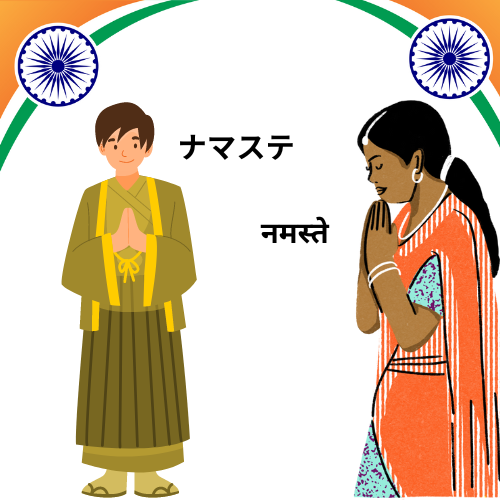Japanese Translation Services in India. English to Japanese. Japanese Translation Services in India. Lingo Chaps offers all types of Japanese translation services across India and the world including Agra, Ahmedabad, Allahabad, Amritsar, Aurangabad, Bangalore, Baroda, Bhopal, Bhubaneswar, Bodh Gaya, Calicut, Chandigarh, Chennai, Coimbatore, Cuttack, Dehradun, Delhi, Faridabad, Gandhinagar, Goa, Gurgaon, Gwalior, Haridwar, Hyderabad, Indore, Jabalpur, Jaipur, Jaisalmer, Jalandhar, Jamshedpur, Jodhpur, Kanpur, Kochi, Kolkata, Lucknow, Ludhiana, Madurai, Mangalore, Mumbai, Mysore, Nahsik, New Delhi, Patna, Pondicherry, Pune, Puri, Raipur, Ranchi, Rishikesh, Rourkela, Srinagar, Surat, Thiruvananthapuram, Udaipur, Ujjain, Varanasi, Vijayawada, Vishakhapatnam, Vrindhavan.
You can contact us 24×7 at +91-7060201092 or email at info@lingochaps.com for a quick quote for any type of Japanese to English and English to Japanese Language Services including translation, interpretation, localization, voice-over, sub-titling, Software Localization, Website Localization, Games Localization, e-learning Programs, Dubbing Services and any other related services. Be sure that your job will be handled by a top rated Japanese Translation Agency in India.

Copyright © 2024 Lingo Chaps. All rights reserved.